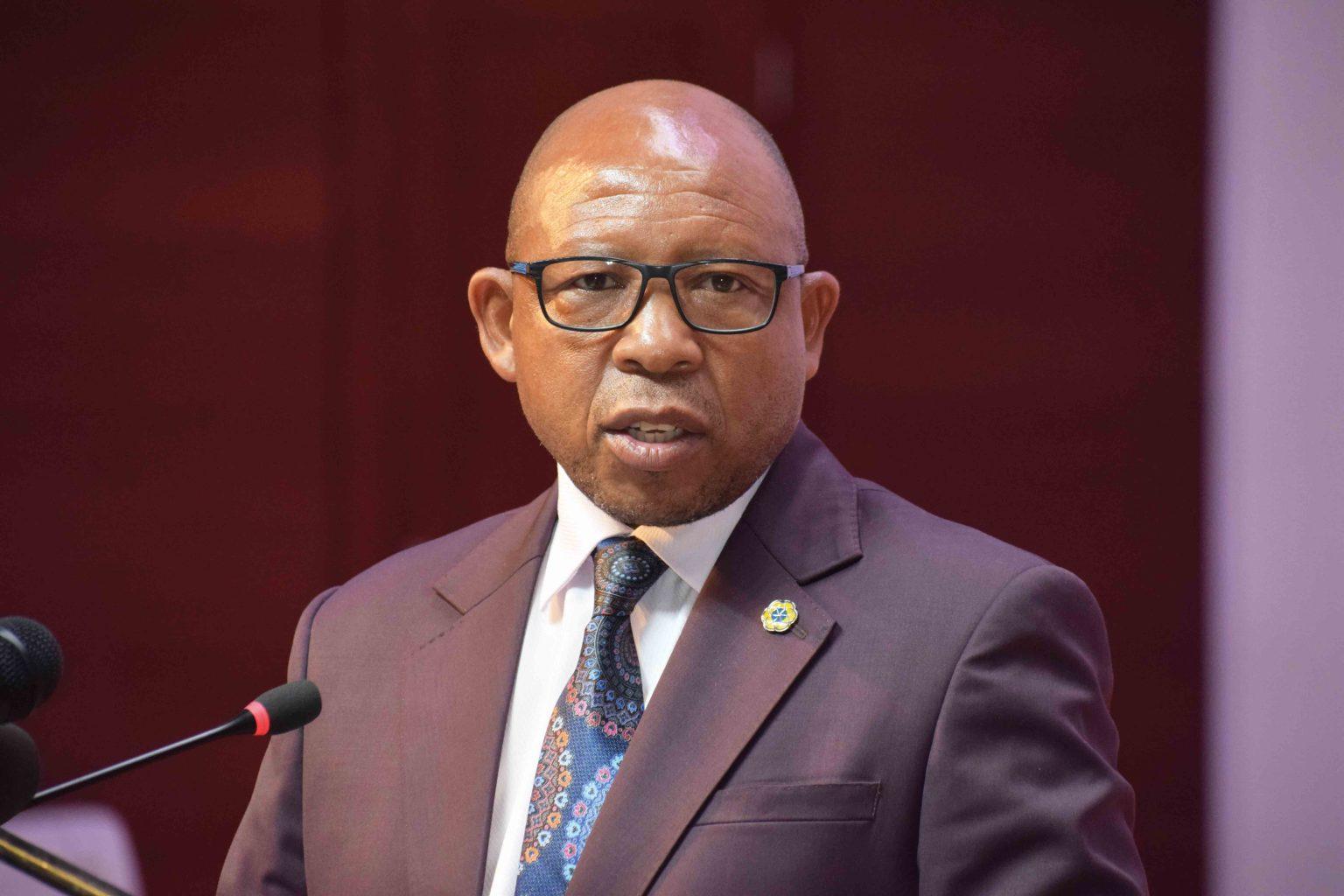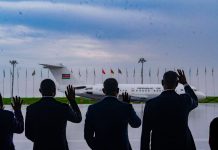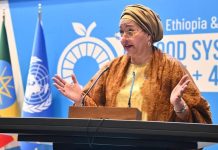Africa-Press – Lesotho. SADC is piling pressure on Lesotho to complete the national reforms with the regional bloc resolving last week to send a high-powered delegation of retired dignitaries to oversee its implementation. The number of dignitaries to be sent to Lesotho was not disclosed at the SADC summit held in Kinshasa, in the Democratic Republic of Congo (DRC).
The decision to deploy the dignitaries comes after the Lesotho parliament failed to pass the Omnibus Bill meant to create legal means to implement the reforms until King Letsie III dissolved it on July 13.
The King has since recalled parliament to finish its job for five consecutive days after SADC, the European Union, the African Union and other international development partners piled pressure on Prime Minister Moeketsi Majoro.
Parliament is now expected to finish the task on Monday so that the next government will have the legal instruments to implement the reforms. The effect of the passing of the Omnibus Bill will start with the selection of MPs for proportional representation for the October 7 polls.
The SADC communiqué commended South Africa’s President Cyril Ramaphosa for monitoring Lesotho’s progress towards the reforms. Ramaphosa gave his report to SADC.
SADC urged Lesotho to expedite the completion of the ongoing reforms “and to continue with peace, transitional justice and reconciliation process to engender national unity and bring about national healing and cohesion”.
The statement also states that the summit commended the SADC facilitator and the facilitation team for their excellent leadership and role in supporting the government and people of Lesotho in the process of the multi-stakeholders national dialogue and the adoption of the comprehensive reforms proposals.
“The summit approved the establishment of an oversight committee made up of the SADC panel of elders and the mediation reference group to ensure continuity and oversight on the implementation of reforms in Lesotho,” the statement says.
Addressing the summit after hurriedly declaring a state of emergency that gives the King legal power to recall parliament, Majoro said the political and security crisis in Lesotho had placed Lesotho on the SADC agenda for too long.
Majoro said that necessitated the deployment of the SADC Observer Mission (SOMILES) and appointment of a SADC Facilitator in 2014. It also warranted the appointment of a SADC Commission of Inquiry in 2015, the deployment of the SADC Oversight Committee in 2016, and the SADC Prevention Mission in Lesotho (SAPMIL) from December 2017.
He said two army commanders were killed in two years, three national elections held in five years, and opposition leaders fled the country after the 2015 and 2017 elections.
He added that in 2017 “Basotho resolved to turn the page and cross the rivers of despair and desperation, scale the mountain of faith and hope, and descend into the valleys of success and progress” by implementing comprehensive national reforms under seven sectors.
The key reform outcome is the development of an Omnibus Bill that addresses a myriad of challenges Lesotho is facing. “This Bill was under discussion in parliament when the legal term of our 10th Parliament came to an end on the 13th of July, 2022,” Majoro said.
He thanked SADC for having been such an important stabilising factor in Lesotho, going back to 1998 when the country experienced its worst post-election violence.
“SADC’s current assistance to Lesotho has encouraged a conducive environment for the implementation of national reforms for long-term national stability,” he said.
For More News And Analysis About Lesotho Follow Africa-Press






